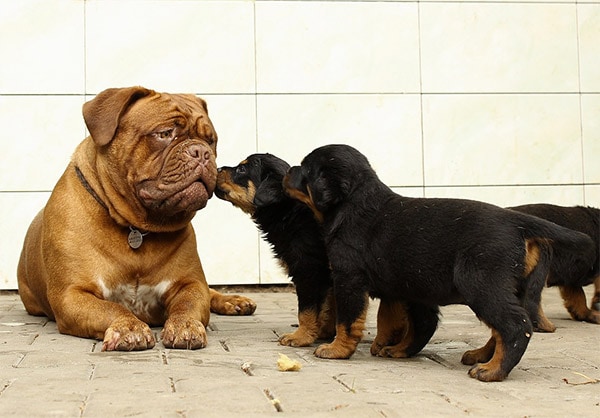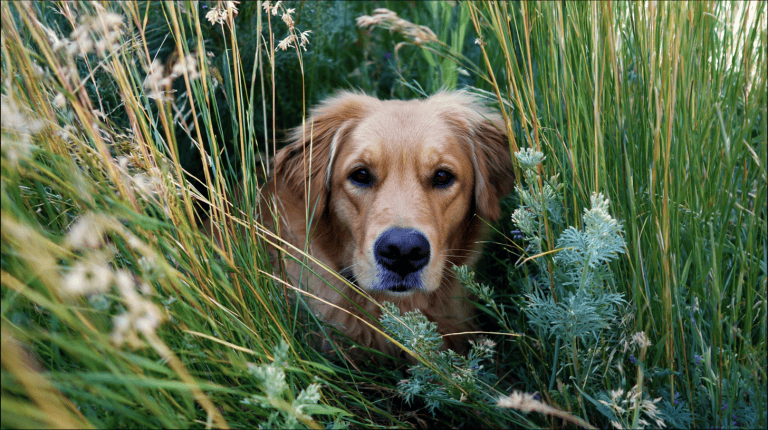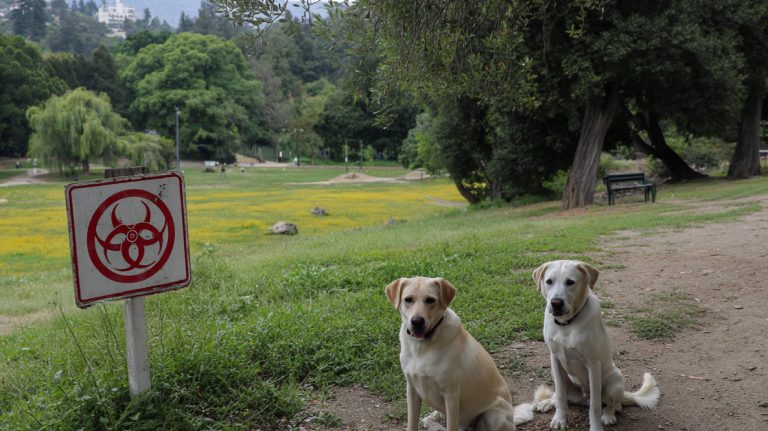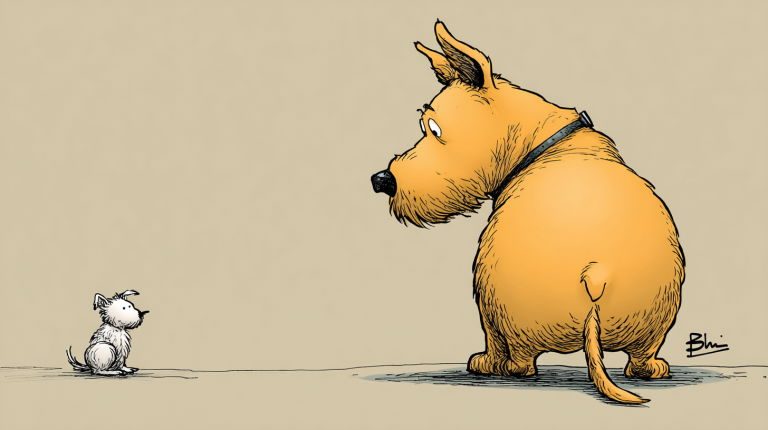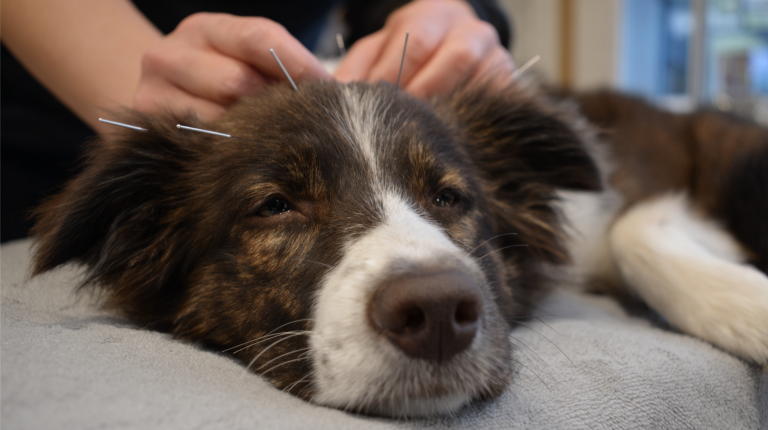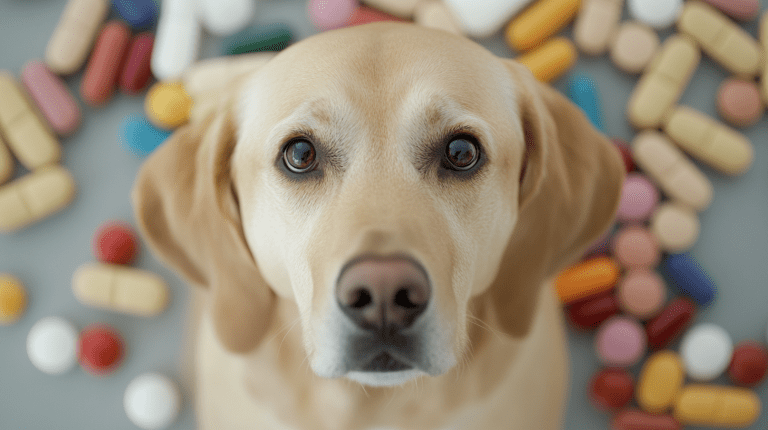By Dr. Angela Gaeto, DVM, of the Helen Woodward Animal Center community in San Diego County.
Socializing Puppies
There are a lot of things to think about when bringing a new puppy into your home. Beyond all the medical care, feeding, and changes to the household that a new dog will bring, you also need to consider the socialization of your dog.
Just like people, puppies take time to learn about their environment and the people that are going to be in their lives which is why it is important to socialize them. For the first 5-6 months of a dog's life they are very open to learning new things. This doesn’t mean you can just take them into any situation and they will be fine but it does mean they can learn to adapt to new things generally more easily than adults.
Keep the introduction of new things to a few people or activities per day and do not introduce them all at once. Make each new experience a positive one with soft voices, snacks, and comfort. Consider all of the things they’re likely to experience in their lives such as new people, new situations, and new pets and try to make the introduction of these things positive so they can accommodate change later in life.
Socializing Adult Dogs
Socializing adult dogs is very different from socializing puppies. The amount of socialization required for a new adult dog in your family may vary widely. Pets will come from all different backgrounds and have different stresses and triggers.
When you initially bring a new adult dog into your home be aware of the situations you’re putting them in and consider their reactions to assess the necessity of further training. Puppies will also have generally positive reactions toward most things. Adult animals may already have solidified their feelings towards certain people, other pets, or activities, therefore your focus will need to be on changing that association rather than creating a new one. Once you’re aware of your pet's problem areas there are many ways to approach these changes. Slow adjustment is key and can be helped with personal training, clicker training, and even group training.

